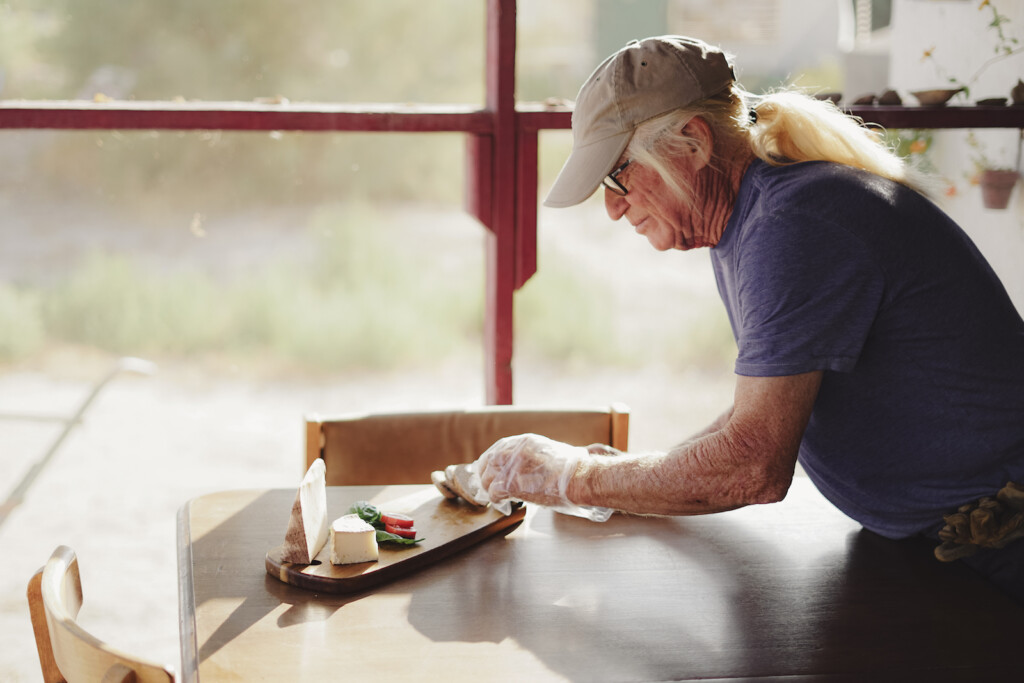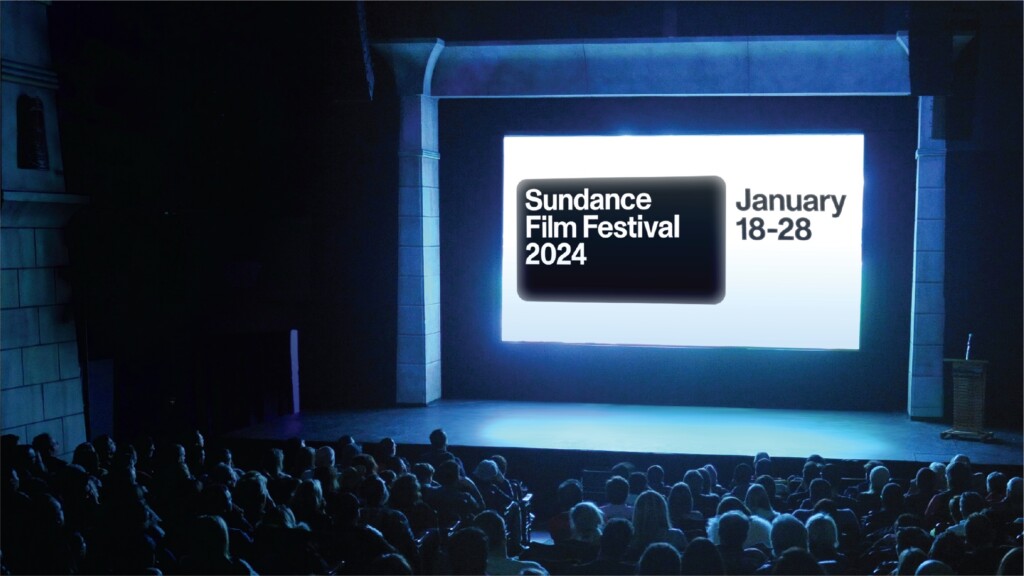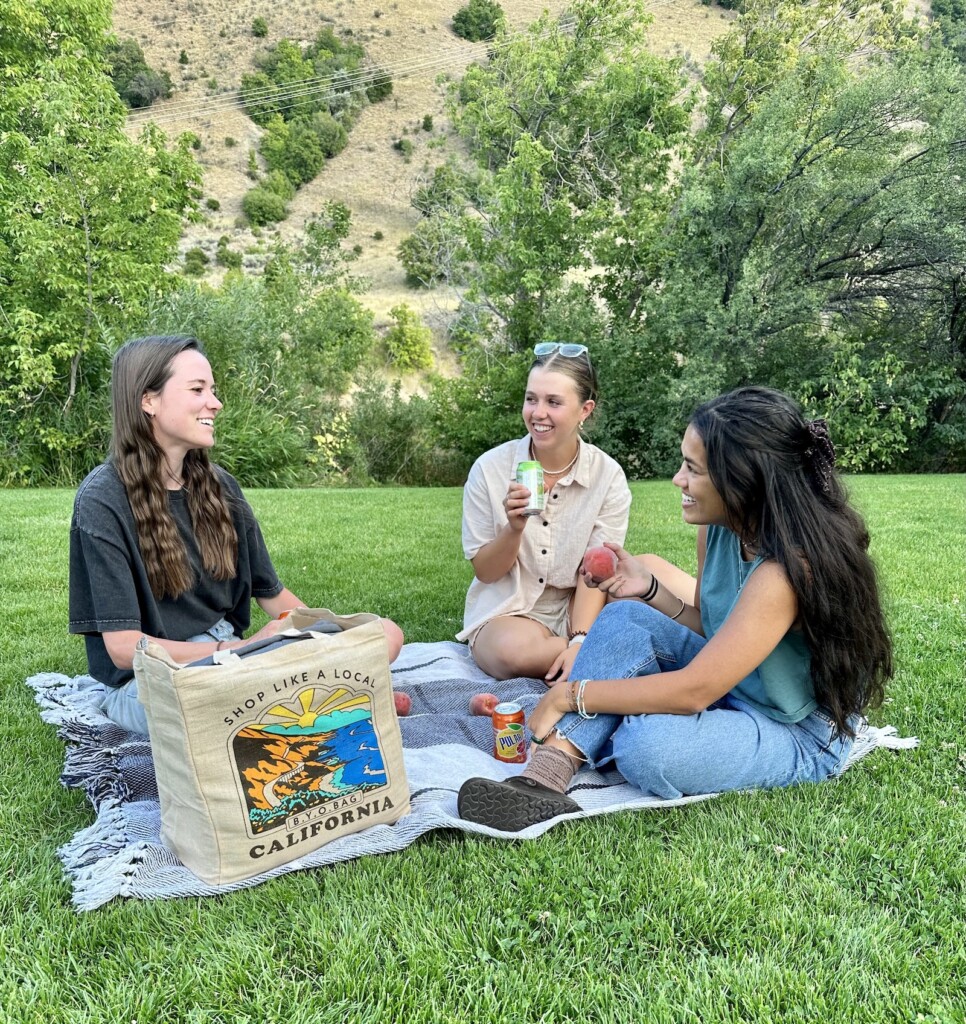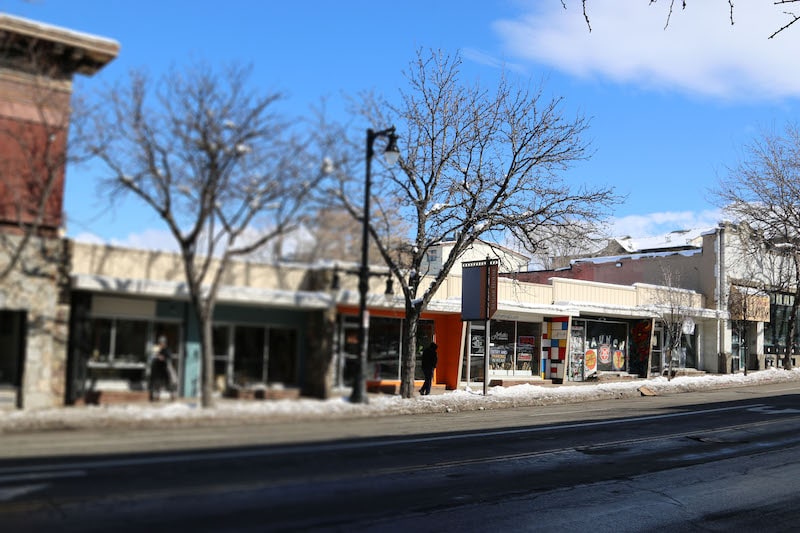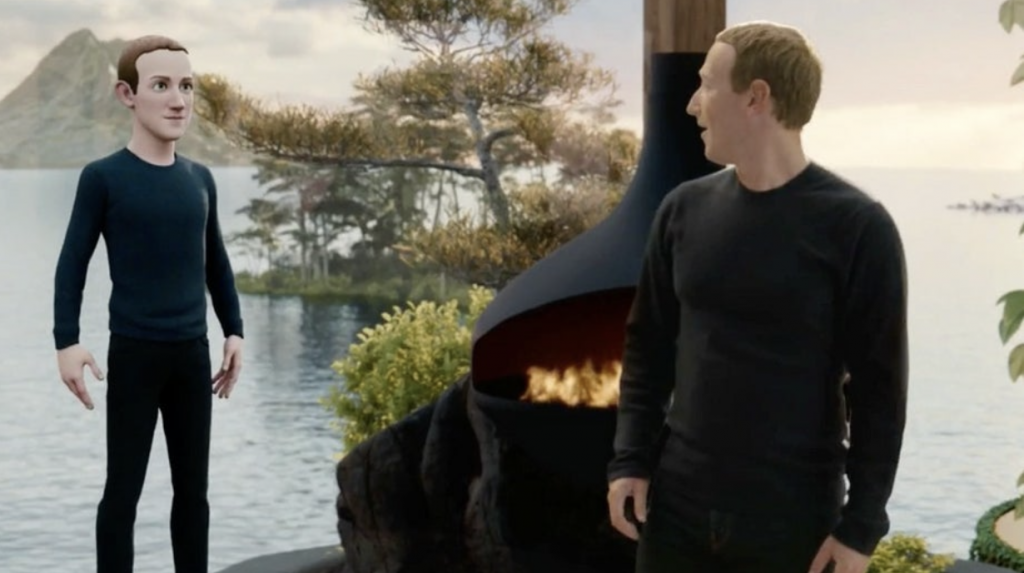
Meta (Facebook) CEO Mark Zuckerberg made a massive bet on the “Metaverse” or the concept that Facebook users would want a more “immersive experience” when they join online communities. The metaverse consisted of massive, elaborate virtual meeting spaces, and the ability to customize your own avatar to your liking, making your online presence even more of your personal identity.
After endless Zoom meetings, online learning with our kids, and a very dreary existence during Covid lockdowns, I saw Meta as an extension of those lockdowns. Why would I want even more meetings from home in my pajamas? Let’s just say engagement and user interest in the Metaverse has not fulfilled Zukerberg’s expectations as engagement has tanked.
The entire concept of the Metaverse is that people desire to essentially check out of the real world and check into an online world. What Zuckerburg and the folks at Meta don’t quite get, is that the real world is so far superior to anything your lines of code can generate. CGI and VR helmets can’t even come close to offering “nice experiences” it’s actually depressing to believe you are somehow “engaging with the world” when you are wearing a VR helmet, moving around invisible things with your arms and legs looking like a complete dork.
It’s also quite sad that the real world has been neglected. We should work on building a better version of the suburbs. Instead, we are spending far too much time in front of screens, tapping out code. We engage in “social interaction” and allow our kids to spend countless hours in front of screens playing online games, while their bodies atrophy into little mush blobs.
By this time I was in my mid-twenties I had worked in the corporate world for about five years working as a computer graphic artist. I then had an epiphany.
I realized after spending five years of my life creating computer graphics for Fortune 500 Companies training programs, that I didn’t wish to spend the majority of my life, putting the energy into computer programs and simulated “virtual” experiences.
I bought a bike. Started biking daily to work, and I had gotten into great shape. From these morning and evening commutes, I realized that the real world, the local sphere, and the places that embraced real-world experiences (ma-and-pa shops and restaurants) were far superior to the Fortune 500 Companies that we were catering to.
I enrolled at the University and took a beginning filmmaking class. The first place I did a film on was the Peter Prier violin-making school. There I found aspiring violin maker Boris DeGranda who also was a computer graphic artist and he abandoned that to hand-craft violins in the Stratavarious tradition. Using his five senses he crafted Sitka spruce lumber into intricate bodies for violins; he used ebony for the necks. He showed me how crushed beetle abdomens to produce just the right reds and purples for the varnish. The smells of real pine, turpentine, and varnish along with the tiny wood shavings from the intricate carving out of the violin’s bodies, immersed me into a sensory world that was so far beyond anything I was experiencing in my cubicle computer job.
I decided I wanted to live in the real world. I wanted to experience old-world bakeries; old-world walking; old-world writing with a pencil and paper; gardening, the earth anything but computers.
This epiphany was actually quite depressing for a while because it wasn’t so easy to just quit my high-paying, excellent corporate job by all standards. I was very lucky to have such a career at such a young age. But eventually, I was able to save up and pack my bike and some belongings and travel to Europe, where I learned how the old world existed before computers. I biked through over 1,000 years-old European villages with stone buildings. I worked in a 200-year-old bakery in Luxembourg for a month. I studied French in Switzerland.
This phase lasted about three years. I never became a complete Luddite. I eventually came back around to still appreciate technology and computers. But we cannot forget these machines are tools. They shouldn’t dominate our lives; they should be ancillary tools like bows and arrows. Social media, or “online-communities” are no substitute for real relationships and real communities. And we need to spend plenty of time in the world of experience.
I’ve just been on a hike up in the Millcreek mountains, the colors on the trees are exploding reds and yellows and the hue of the light filtering through the tunnels of trees can’t help one to believe that real life is truly a gift we should be enjoying to the greatest extent.
RELATED CONTENT
Nation’s First Violin School Turns 50 in Salt Lake City
Why REI, Levis and Coca Cola, and many local businesses are no longer advertising on Facebook

SUPPORT LOCAL JOURNALISM AND SUBSCRIBE TO PRINT MAGAZINE
Subscribe to Utah Stories weekly newsletter and get our stories directly to your inbox


